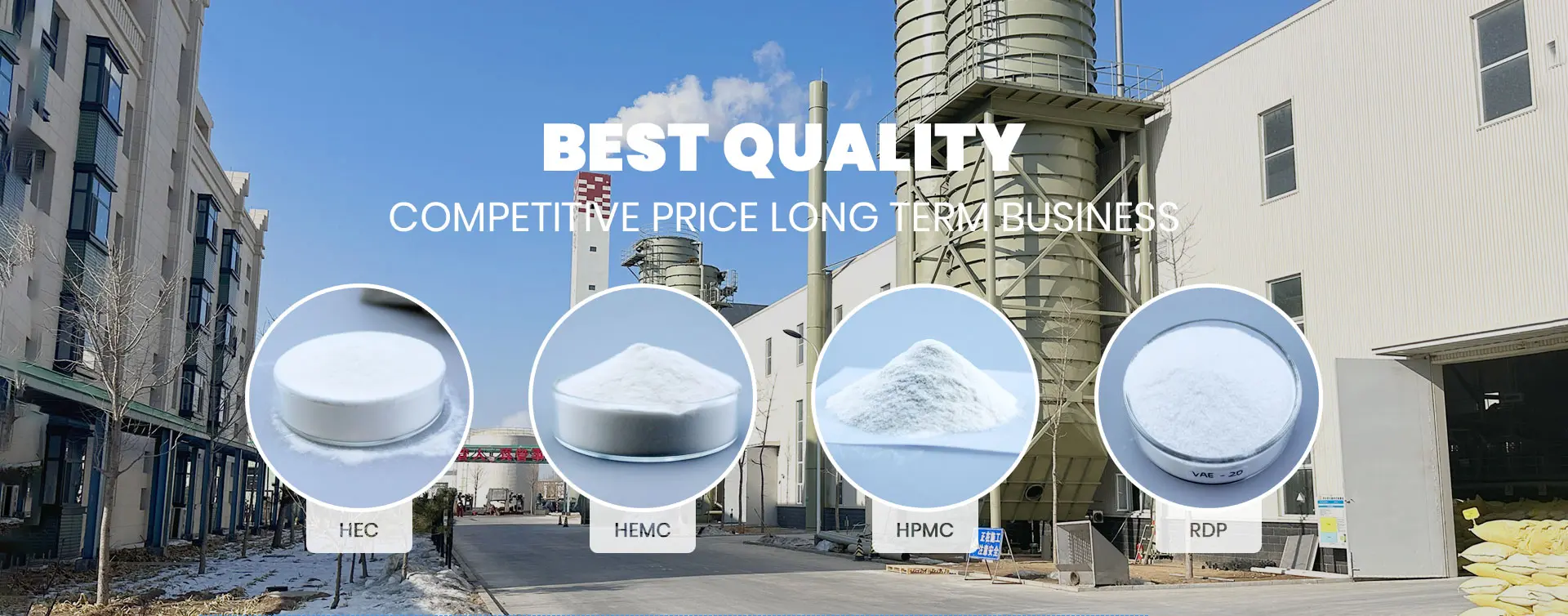
Jul . 11, 2024 15:14 Back to list
Development and application of hydroxypropyl methylcellulose in pharmaceutical and food industries
Hydroxypropyl methylcellulose (HPMC) is a versatile and widely used polymer in various industries. It is a semisynthetic, water-soluble polymer derived from cellulose that has a wide range of applications due to its unique properties.
One of the key characteristics of HPMC is its ability to form films and coatings. This property makes it an ideal ingredient in pharmaceuticals, where it is used as a coating for tablets and capsules to improve stability and appearance. HPMC is also used in the food industry as a thickener, emulsifier, and stabilizer in products such as sauces, beverages, and ice cream.
In the construction industry, HPMC is commonly used as an additive in cement and gypsum-based products. Its excellent water retention and thickening properties make it an essential ingredient in dry mortars, plasters, and tile adhesives. HPMC can also improve workability and reduce cracking in construction materials, making them more durable and long-lasting.
In the personal care and cosmetics industry, HPMC is used in a wide range of products such as creams, lotions, shampoos, and makeup.. HPMC is also used as a suspending agent in hair colorants and hair styling products

hpmc. HPMC is also commonly used in the textile industry as a sizing agent to improve the strength and abrasion resistance of fabrics. It can be applied to yarns and fabrics to enhance their handling properties and reduce breakage during weaving and processing. HPMC is also used as a thickener in textile printing pastes to improve adhesion and color intensity. In the agricultural industry, HPMC is used as a soil conditioner and plant growth regulator. It can improve soil structure, increase water retention, and enhance nutrient uptake by plants. HPMC is also used as a binder in agricultural pellets and granules to improve their dispersibility and effectiveness. Overall, HPMC is a highly versatile and valuable polymer with a wide range of applications across different industries. Its unique properties make it an essential ingredient in various products, from pharmaceuticals and construction materials to personal care and textiles. As technology advances, the demand for HPMC is expected to continue to grow, driving innovation and new applications in the future.

hpmc. HPMC is also commonly used in the textile industry as a sizing agent to improve the strength and abrasion resistance of fabrics. It can be applied to yarns and fabrics to enhance their handling properties and reduce breakage during weaving and processing. HPMC is also used as a thickener in textile printing pastes to improve adhesion and color intensity. In the agricultural industry, HPMC is used as a soil conditioner and plant growth regulator. It can improve soil structure, increase water retention, and enhance nutrient uptake by plants. HPMC is also used as a binder in agricultural pellets and granules to improve their dispersibility and effectiveness. Overall, HPMC is a highly versatile and valuable polymer with a wide range of applications across different industries. Its unique properties make it an essential ingredient in various products, from pharmaceuticals and construction materials to personal care and textiles. As technology advances, the demand for HPMC is expected to continue to grow, driving innovation and new applications in the future.
Latest news
-
Versatile Hpmc Uses in Different Industries
NewsJun.19,2025
-
Redispersible Powder's Role in Enhancing Durability of Construction Products
NewsJun.19,2025
-
Hydroxyethyl Cellulose Applications Driving Green Industrial Processes
NewsJun.19,2025
-
Exploring Different Redispersible Polymer Powder
NewsJun.19,2025
-
Choosing the Right Mortar Bonding Agent
NewsJun.19,2025
-
Applications and Significance of China Hpmc in Modern Industries
NewsJun.19,2025
Related PRODUCTS







